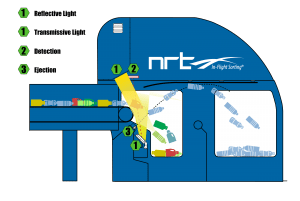
The recycled resin produced by Erema’s system could be used at up to 100% recycled content in food and beverage packaging. | shanid chirammal/Shutterstock
Erema got the nod from the U.S. government to use its technology for recycling post-consumer HDPE into food and drink packaging.


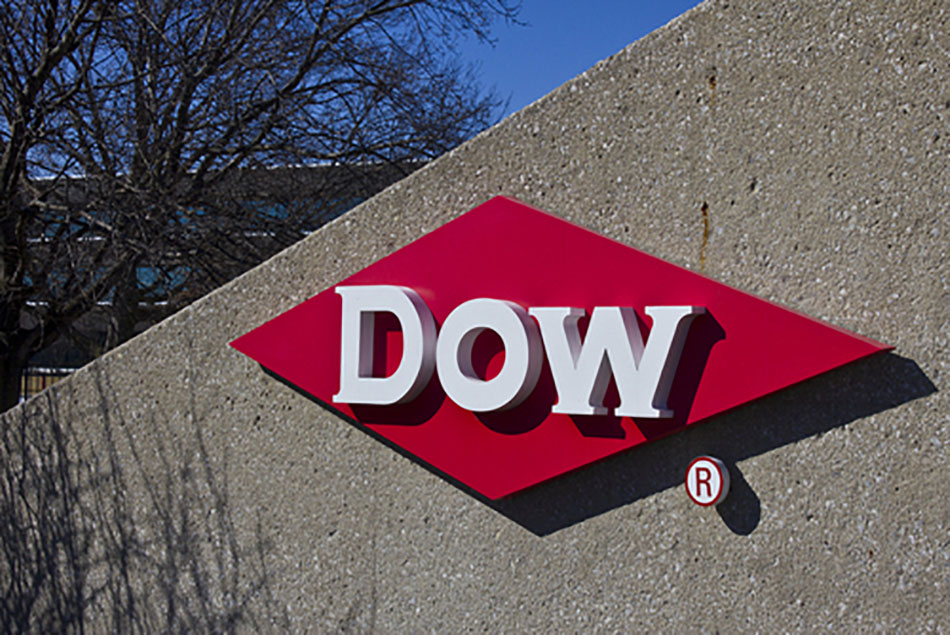
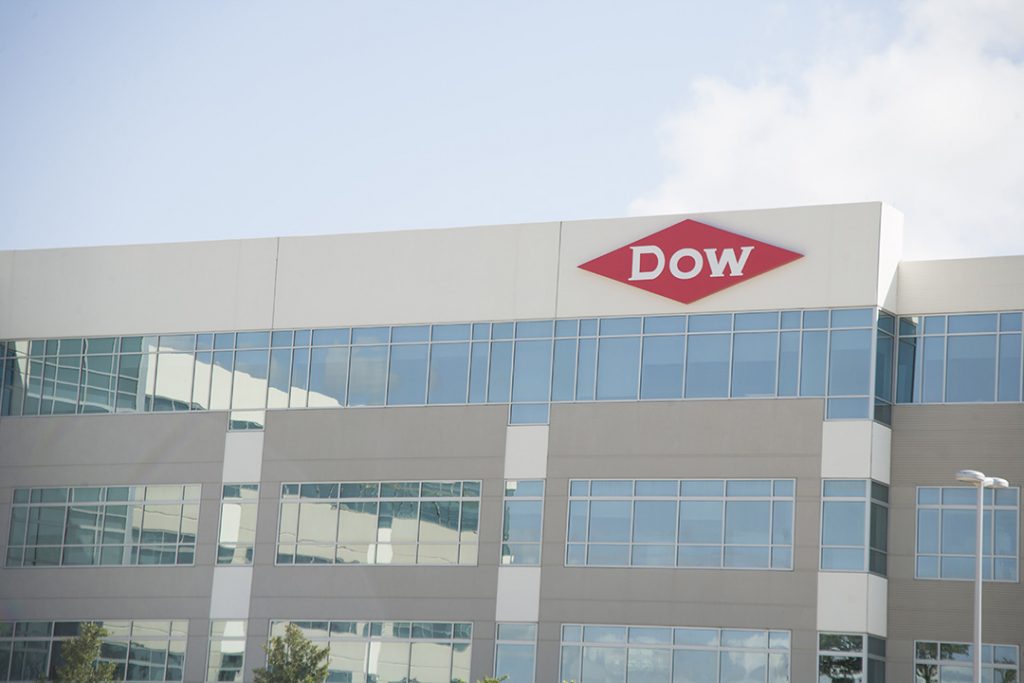
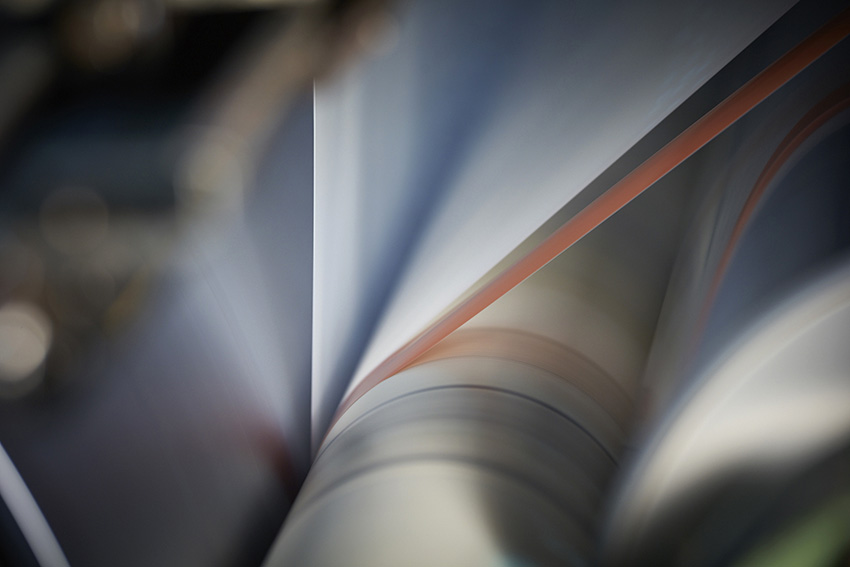
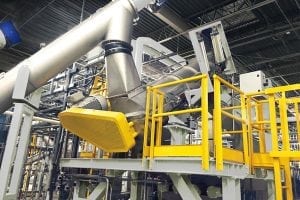 After paper recycling companies extract fiber from cartons, they’re often left with a plastic-aluminum mix that’s sent to disposal. An Italian company has begun recycling that mix into pellets.
After paper recycling companies extract fiber from cartons, they’re often left with a plastic-aluminum mix that’s sent to disposal. An Italian company has begun recycling that mix into pellets.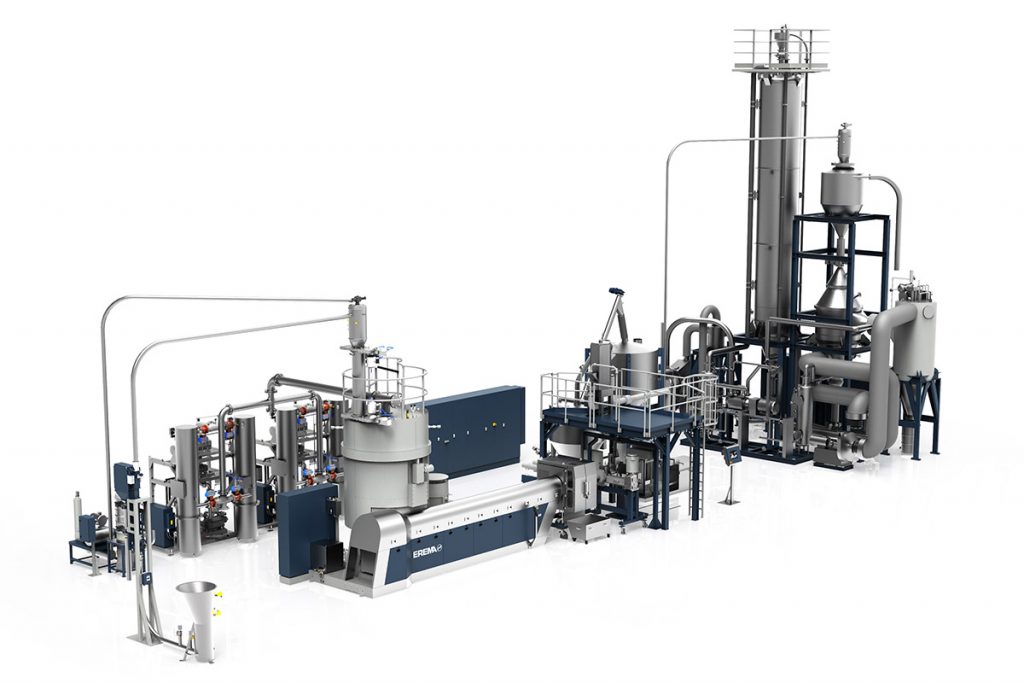 A new PET recycling system combines decontamination approaches from two different European equipment providers.
A new PET recycling system combines decontamination approaches from two different European equipment providers.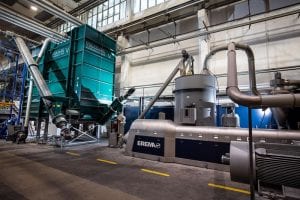 The latest equipment release from Erema combines key steps in the plastics recycling and compounding process to increase efficiency and quality.
The latest equipment release from Erema combines key steps in the plastics recycling and compounding process to increase efficiency and quality.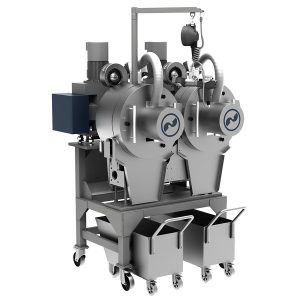
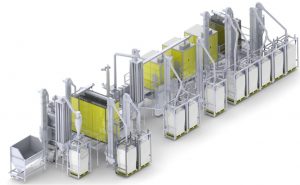 Electronics and appliances present an attractive source for reclaimed plastics, but technical challenges can often inhibit recovery. Many of the e-plastics are black, which can make separation by polymer difficult.
Electronics and appliances present an attractive source for reclaimed plastics, but technical challenges can often inhibit recovery. Many of the e-plastics are black, which can make separation by polymer difficult.